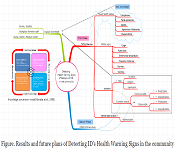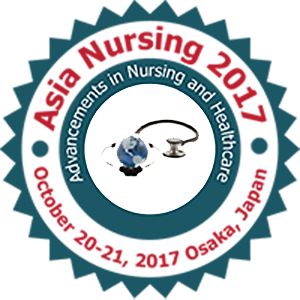
Sooja Kim
Kanagawa University of Human Services, Japan
Title: Detecting Health Warning Signs of People with Intellectual Disability (ID) Having Difficulty in Express Symptoms in the Community
Biography
Biography: Sooja Kim
Abstract
Statement of the Problem: Similar to the aging of the general population, people with an intellectual disability (ID) are also aging, and ID’s aging health problems become more severe. People with ID living in the community have little contact with medical institutions and have difficulty in communication with medical staff. There are very few medical workers who can deal with the health problems of adults with ID. Due to these reasons, it is difficult to detect abnormalities should adults with ID have a health problem. Therefore, this research was aimed at how to detect health warning signs of people with ID having difficulty in expressing their symptoms in the community from the perspective of the ID’s family. Methodology & Theoretical Orientation: In the first phase of our research, a qualitative descriptive research design was selected to focus on actual experiences of families living with the adult with ID at home. A retrospective interview was used to clarify clinical incidents related to the following; 1) How to evaluate the health situation while at home, 2) How the family noticed anomalies in his/her daily life, and 3) His/her hospitalization experience and its process. In cases where the experience could not be expressed in words, we encouraged them to explain the situation by using gestures or illustrating simple pictures in order to understand details of the health warning signs of the adults with ID. Conclusion & Significance: The families in this study could detect ID’s health warning signs using their tacit knowledge cultivated by living as a family for more than 20 years. In order to detect internal abnormalities, further research for the second phase to consider information on pain expression and excretion behavior is needed.


